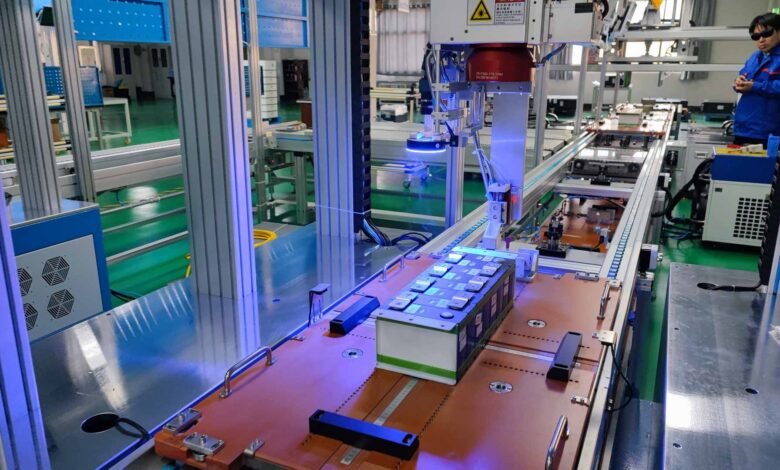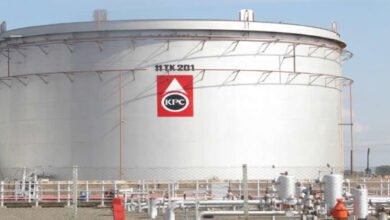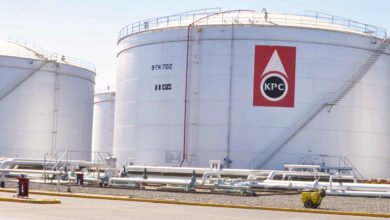
Zimbabwe, Africa’s leading lithium producer and the sixth largest globally, is looking to enhancing the value of its lithium through local refining processes.
Four major lithium concentrate producers have put forth plans to refine the raw material within Zimbabwe, rather than exporting it to China.
China currently dominates the lithium extraction sector in Zimbabwe.
Speaking to Reuters, Zimbabwe’s Deputy Mines Minister, Polite Kambamura revealed that four significant producers have expressed intent to commence local refining operations.
“They are coming forward with plans but these are long-term plans which we are receiving. We have four large-scale producers who have come forward,” said Kambamura.
The government is yet to commence the review of these proposals, and the official refrained from disclosing the names of the companies involved.
Also Read: Zimbabwe Begins Trading in Gold Backed Currency
Domestic Lithium Refining Industry
Chinese mining giants like Sinomine Resource Group, Zhejiang Huayou Cobalt, Yahua Group, Chengxin Lithium Group, Canmax Technologies, and Tsingshan Group are presently active in Zimbabwe.
These companies extract lithium concentrate and send it to China for the production of battery-grade lithium essential for electric vehicles (EVs) and energy storage systems.
Zimbabwe witnessed a record-high lithium mine production of 3,400 metric tons last year, marking a 230% increase from 2022.
With a threefold growth in annual output over the past decade Zimbabwe is striving to establish a domestic lithium refining industry.
In November 2023, the government mandated miners to draft plans within six months for processing the crucial battery metal domestically.
Locally Manufactured EV Batteries
Polite Kambamura said Zimbabwe will manufacture its own batteries locally even as China remains key player in the market.
“We are not going to end on concentrates, we want batteries to be manufactured here.”
China is processing essential battery minerals critical for driving the energy transition, handling 90% of rare earth elements (REEs) refining and 60-70% of lithium and cobalt refining, as per the International Energy Agency (IEA) reports.






I’ve been surfng on-line greater than 3 hours nowadays,
but I by no means discovered any attention-grabbing article
like yours. It is beautiful worth sufficient for me.
Personally, if all web owners and bloggers made just right content material as
yoou did, the web shall be much mire useful than eveer before. https://Glassi-Info.Blogspot.com/2025/08/deposits-and-withdrawals-methods-in.html